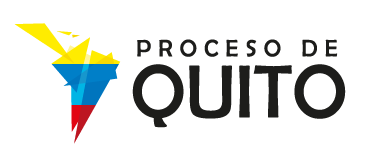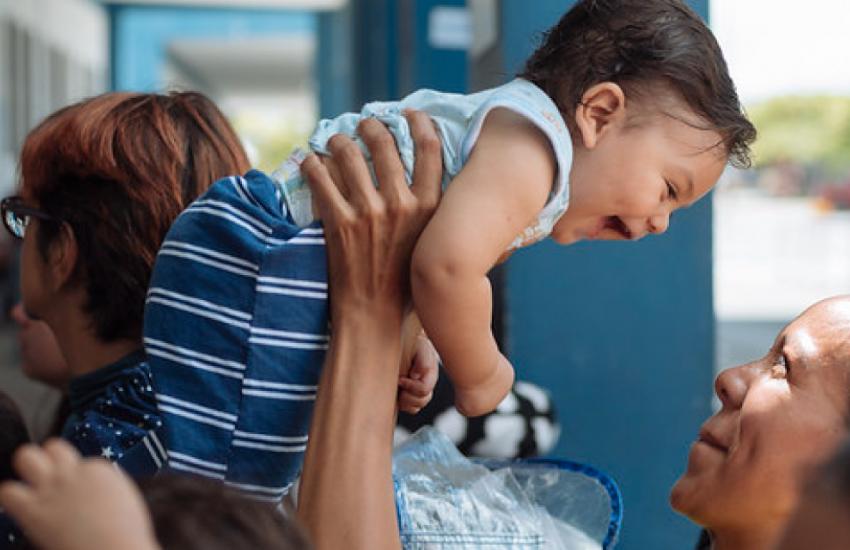A regional diagnosis for family reunification
Under Costa Rica's leadership, about 100 attendees made progress in the framework and diagnosis of the subject. The region promotes the fundamental right to unity in families separated by mobility.
Costa Rica assumed in 2021 the commitment to lead the Family Reunification matter and thus became a new champion country, as did Argentina (with HIV-AIDS and Education), Colombia (Childhood and Socio-economic Insertion), Brazil (Centers Guidance and Asylum), Ecuador (Trafficking) and Peru (Covid-19).
In this case, to return to what the Joint Declaration of Santiago specified when it emphasized the importance of "Examining mechanisms to continue promoting the principle of family reunification of Venezuelan migrants and refugees, through policies, the exchange of good practices and international cooperation."
With this principle in mind, and with the support of the UNHCR-IOM-UNICEF agencies, Costa Rica proposed, during the 60-minute workshop, to advance in a regional diagnosis that allows analyzing the family reunification processes of refugees and migrants in the countries that are part of the Quito Process.
The idea is to provide an overview of the policies and an analysis of how these policies and procedures are implemented, as well as its challenges and opportunities.
Both the survey of the policies, regulations, procedures, and practices already in place in the countries of the Quito Process, as well as the collection and systematization of information related to the family reunification of refugees and migrants, are essential to achieve this goal.
The workshop also sought to present initiatives and recommendations on procedures, legal and administrative requirements, reduce fees/cost of family reunification procedures, and strengthen data collection systems.
At the end of the workshop, the following conclusions were generated:
• Present the regional diagnosis that will identify, in the member countries of the Quito Process, the policies, norms, and procedures applied in Family Reunification.
• Promote the fundamental right to family unity through the reunification of families separated by mobility.
• Generate the conditions to enable new ways for family reunification.
• Have a general framework or starting point for the diagnosis of the region.
Learn more about Family Reunification.


